Q&A: Kevin Eyres on LinkedIn's tipping point
LinkedIn's European managing director explains why professional networks are about to get a lot more important to business users.
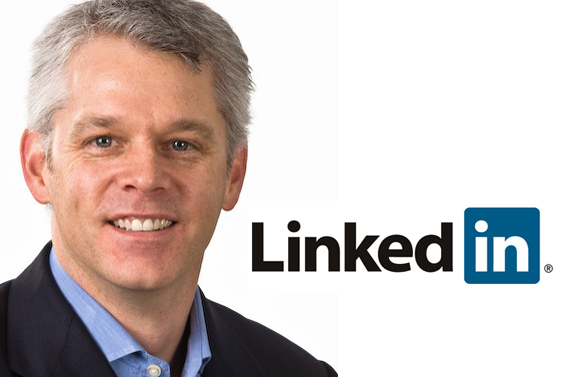

During the social networking revolution, LinkedIn has comfortably relaxed in the background of media darlings like Facebook, Twitter and MySpace, maintaining the serious demeanor its professional users are hoping their own profiles will project.
But with Outlook integration looming, is LinkedIn about to take off as the professional network hits its tipping point? We spoke to LinkedIn's European managing director Kevin Eyres to find out.
LinkedIn is seen as the business side to social networking. What's the difference between social and professional networks, and what features do you have lined up to take advantage of that reputation?
The features that we would be developing are those that enhance the professional identity, to make sure that people can have their professional reputation clearly established on LinkedIn.
It's things that make the professional more efficient and more effective, which is one of the reasons why you see the integration with Outlook, the iPhone application and the mobile applications that we have.
So you can take the power of your network and the knowledge of that network around with you. If you're on the go you have the mobile, if you're at the desk reading email, you have the knowledge of that network right inside that application that you're using.
Those are the types of things that you're going to continue to see. How can you take the knowledge of the community, the professional community that you have, and make that working life much more efficient and that much more easier?
Get the ITPro daily newsletter
Sign up today and you will receive a free copy of our Future Focus 2025 report - the leading guidance on AI, cybersecurity and other IT challenges as per 700+ senior executives
Microsoft has announced Outlook 2010 will integrate the big-name social networks into its email contacts system. Do you think that LinkedIn will see an increase in use after Outlook 2010 and this integrator is out, as people choose to show that side of themselves instead of their Facebook sides?
Will it be this massive boost? No, that's not necessarily what we're trying to do.
I think it will reinforce the professional identity, reinforce that the information that you share online in a professional context is that much more important, because [everyone is] going to very easily be able to see that through Outlook.
There's the ability to automatically connect to somebody straight through Outlook. Will it help build connections? Yes, we think it will. We think it will be a good enhancement, but we're not looking at that to be this big landslide of activity.
We published a feature earlier this year about paid accounts in LinkedIn, where one of our writers signed up for a paid account to see if it's worth getting. His outcome was that it wasn't worth the money for him.
Do you get much feedback from paid account holders and what sort of take-up to you have?
What I would say is we optimise for the free member. That's really what the focus is. How can we help every professional to become more effective at their job? The mission's not how can we make every professional pay for a service.
We want to provide a great service for free. In many ways, what we'll do is we'll give away a disproportionate amount of value to our membership. That's one of the basic company philosophies we have, giving away that value. There are going to be a certain segment of members and professionals who get extra commercial value out of reaching out beyond their immediate network.
That's really where you're going to have paid subscriptions today.
Do you see your rivals like Facebook charging for premium services, or does that only work on a professional network?
The people who are subscribing are the ones who really have to reach outside of their network in order to get their job done, so they get commercial value, very specific commercial value, out of that.
Social networks are by definition social, so they're the place where you share those sorts of [funny] pictures, connect with classmates, figure out where you're going to go on the weekend. There's less of a commercial aspect to it, so I think that they would have a difficult time in order to do that.
That's one of the things that distinguishes professional networks and social networks away from each other.
Many people have referred to the past few years as the first version or edition of social networking. What do you think is going to happen in the next era, social networking 2.0?
This is really where people are starting to understand how especially from a professional standpoint taking the power of information and knowledge sharing to a very different level [means you can] start to have more collaboration.
So say I've got a challenge at work or I've got an opportunity that's in front of me. I don't have all the information that I need to make a decision, so the first thing I'm going to do is go to LinkedIn in order to get that knowledge and very quickly make an informed decision because I've interacted with people I know and trust.
I think what you'll see professional networking is much more of a a business critical tool, where it's being used on a day-to-day basis in order for knowledge and information sharing.
It's like when email first came out. People were using it sometimes, but it wasn't that critical business tool. And then it became where a predominate number of people were connected on email and you could communicate very quickly. That was kind of tipping point for that application.
What we'll see in professional networking is you'll have this tipping point where vast numbers of professionals are actively using the tool so they can solve problems very quickly.
How far off do you think that is?
In some cases we're there, in many cases we're not. If you look at some IT professionals, people in Silicon Valley, people who work with ideas as an entrepreneur, then that happens very quickly and very easily on LinkedIn.
I've got this great idea for a company, I've got to look for a couple of developers, a couple of marketing people, not to employ, but to bounce this idea of off them. Entrepreneurs are using it in that kind of way right now.
It's more the general professionals. I think that is going to take more people getting on there. Everything has a bit of a life cycle where you have the early adopters and you start to become mainstream, so I think that we're starting to see where this is becoming more and more mainstream.
Freelance journalist Nicole Kobie first started writing for ITPro in 2007, with bylines in New Scientist, Wired, PC Pro and many more.
Nicole the author of a book about the history of technology, The Long History of the Future.
-
 Cleo attack victim list grows as Hertz confirms customer data stolen
Cleo attack victim list grows as Hertz confirms customer data stolenNews Hertz has confirmed it suffered a data breach as a result of the Cleo zero-day vulnerability in late 2024, with the car rental giant warning that customer data was stolen.
By Ross Kelly
-
 Lateral moves in tech: Why leaders should support employee mobility
Lateral moves in tech: Why leaders should support employee mobilityIn-depth Encouraging staff to switch roles can have long-term benefits for skills in the tech sector
By Keri Allan
-
 The creator effect: Shaping the future of travel
The creator effect: Shaping the future of travelWhitepaper The way forward for the travel sector
By ITPro
-
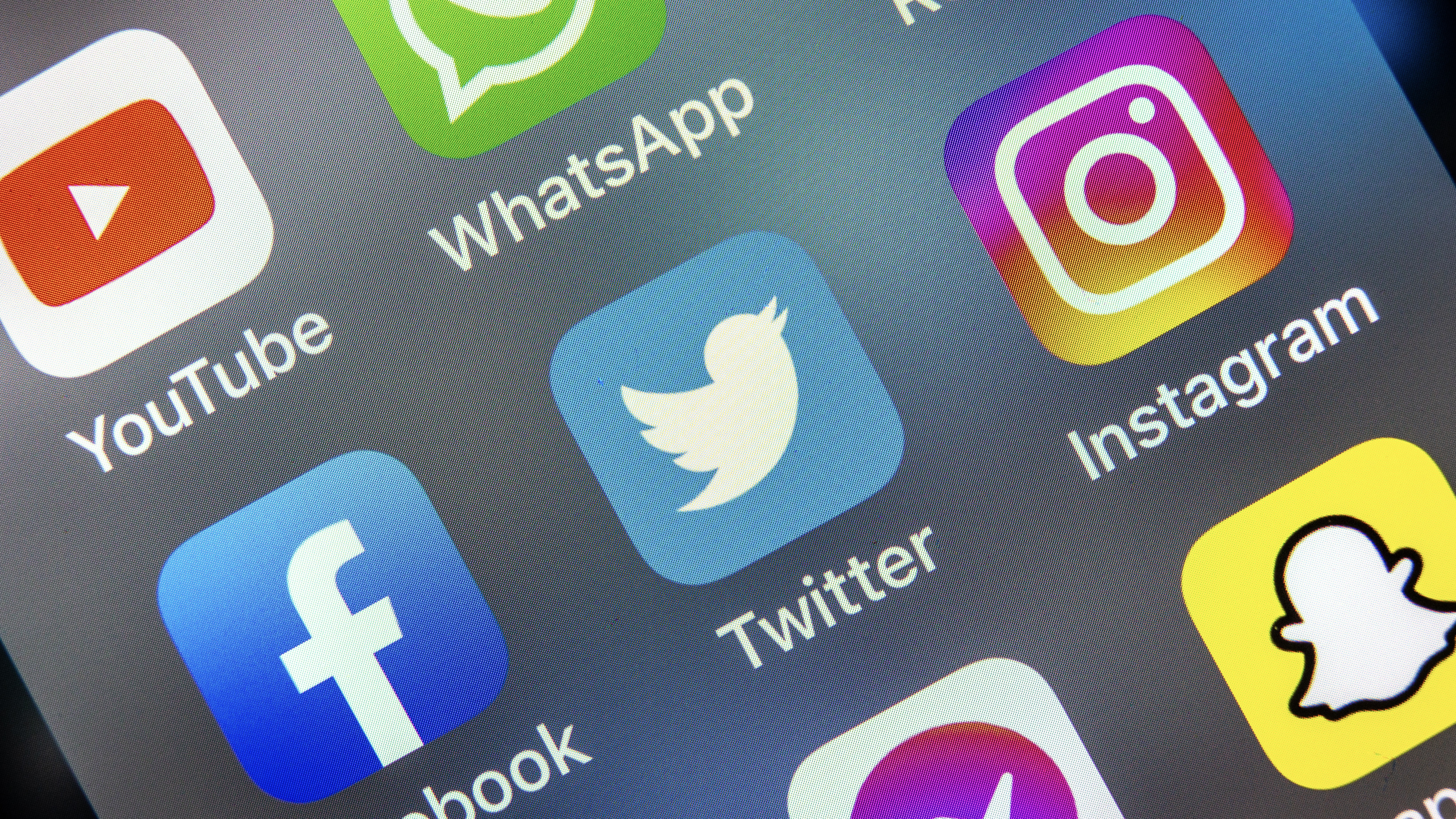 How digital marketing will evolve beyond social media
How digital marketing will evolve beyond social mediaIn-depth Twitter's ongoing destabilisation proves businesses can't rely on social media for digital marketing forever
By Elliot Mulley-Goodbarne
-
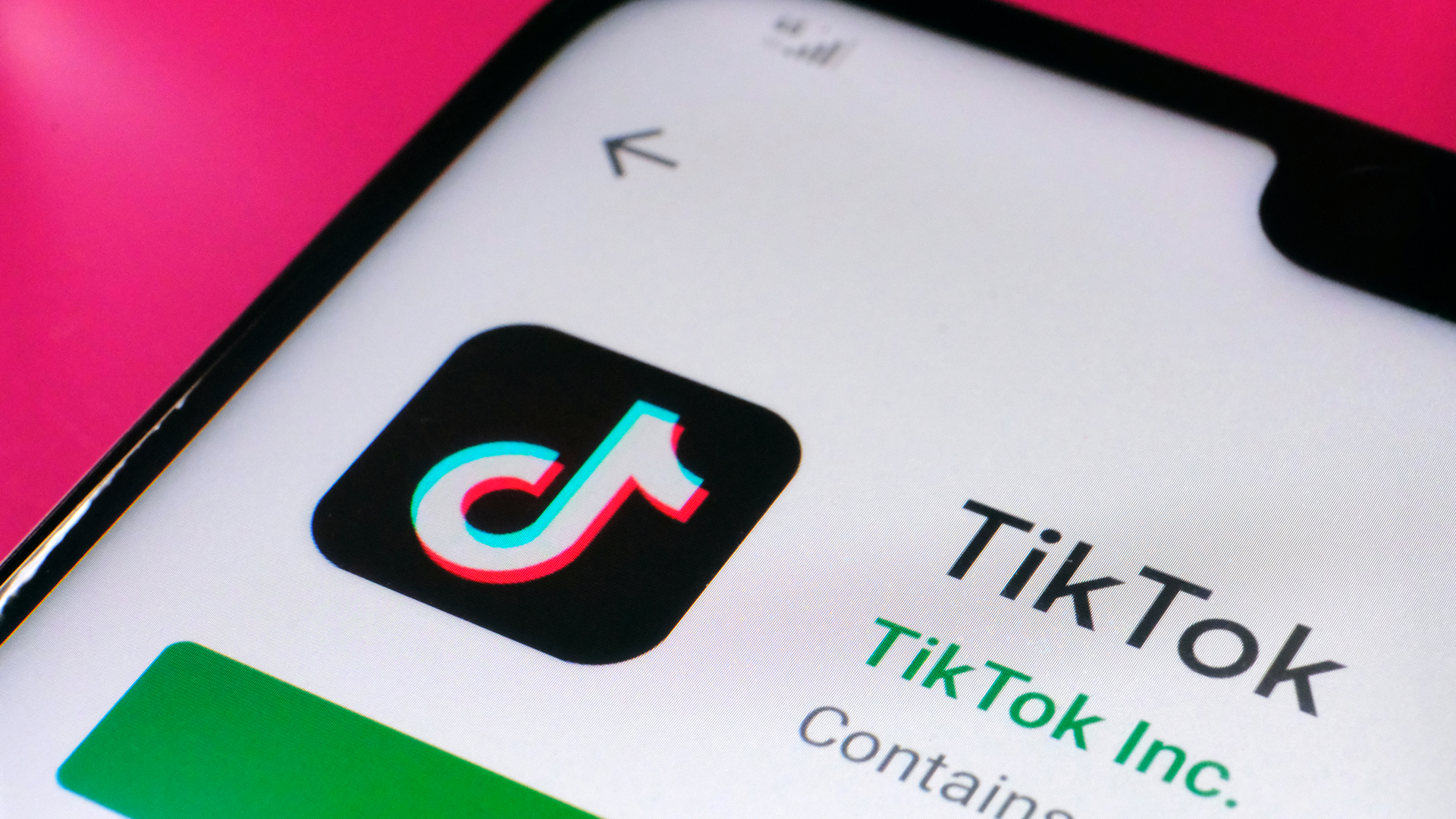 TikTok launches programme to help SMBs with social media marketing
TikTok launches programme to help SMBs with social media marketingNews Six-week initiative aims to equip businesses with the skills they need to get started on the social platform
By Daniel Todd
-
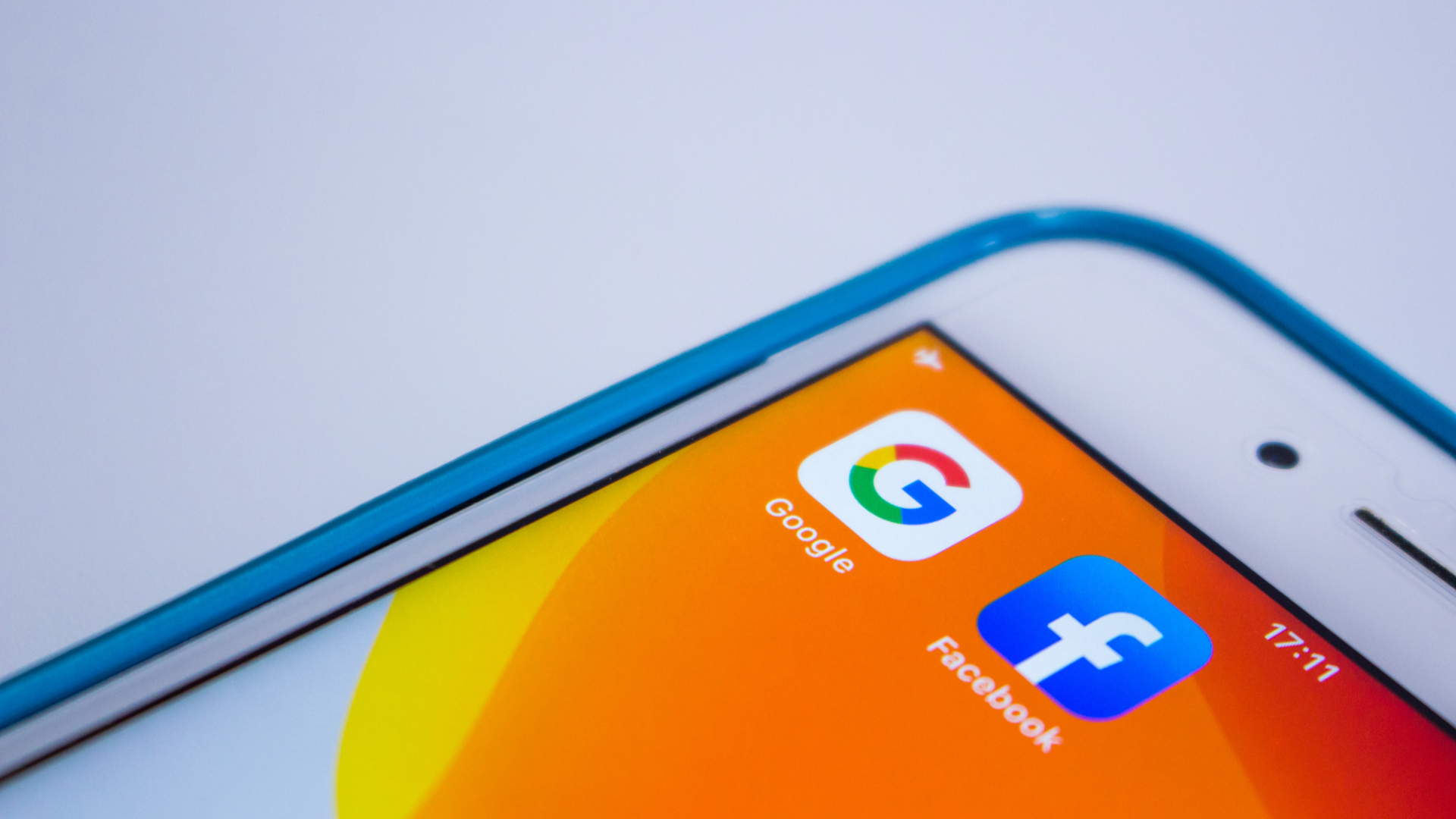 Google accused of colluding with Facebook over advertising auctions
Google accused of colluding with Facebook over advertising auctionsNews The deal was designed to "kill competition" within the market, a multi-state lawsuit claims
By Sabina Weston
-
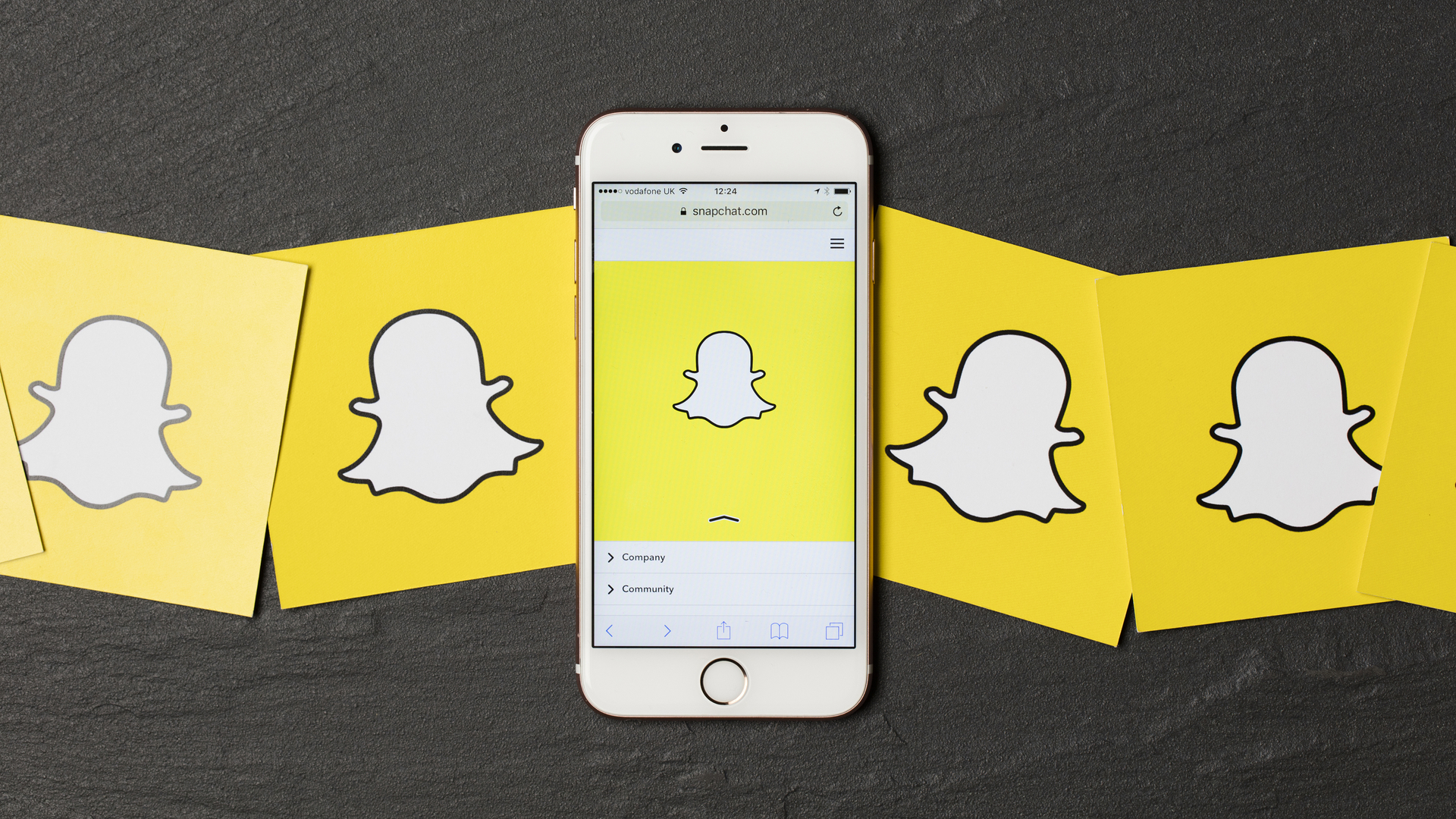 Snapchat now allows you to display subscriber numbers
Snapchat now allows you to display subscriber numbersNews This update will help companies to show their influence on their industries
By Tyler Omoth
-
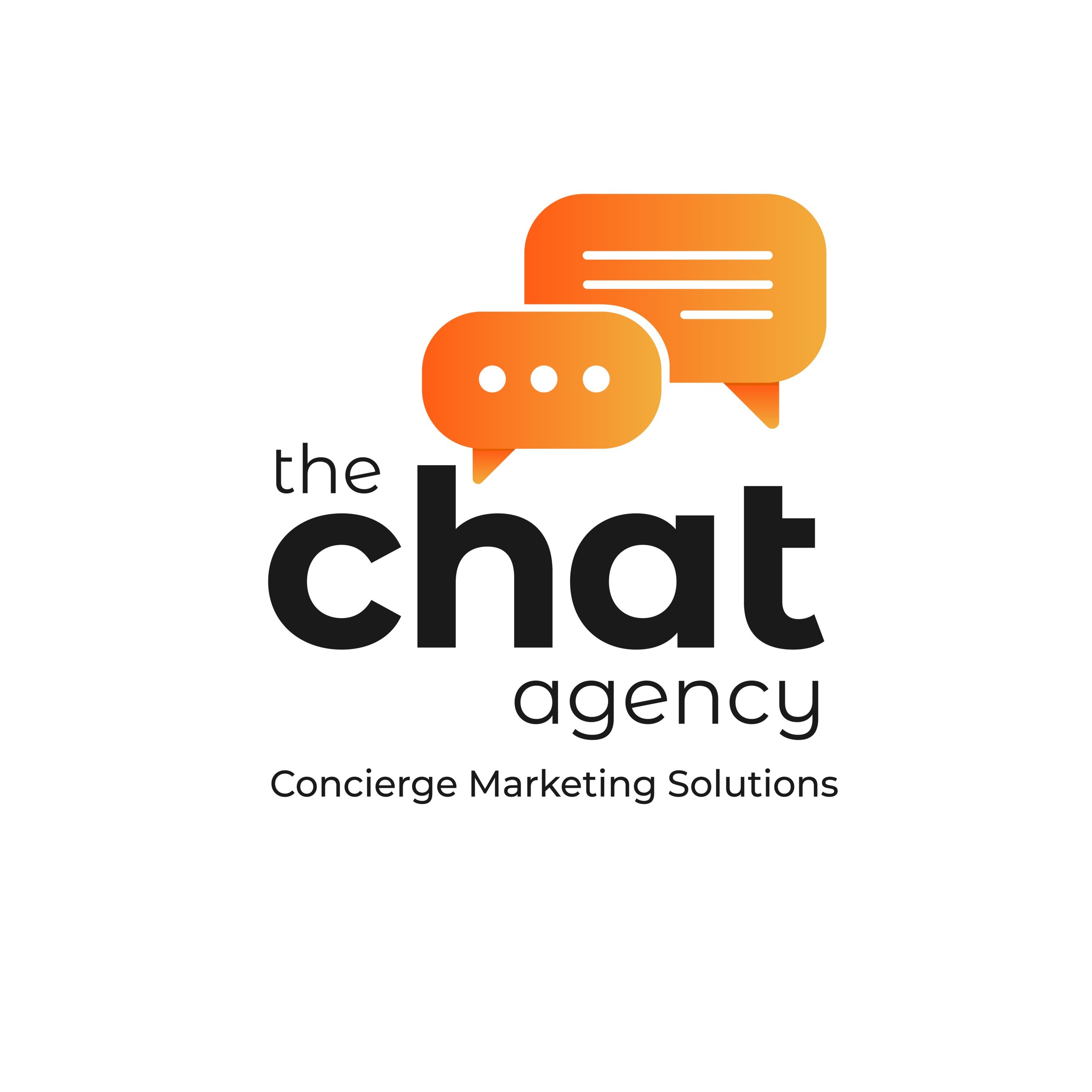 New chatbot and nano influencer services help online sellers
New chatbot and nano influencer services help online sellersNews Online sellers will be able to grow brand awareness, boost buying frequency and build brand loyalty
By David Gargaro
-
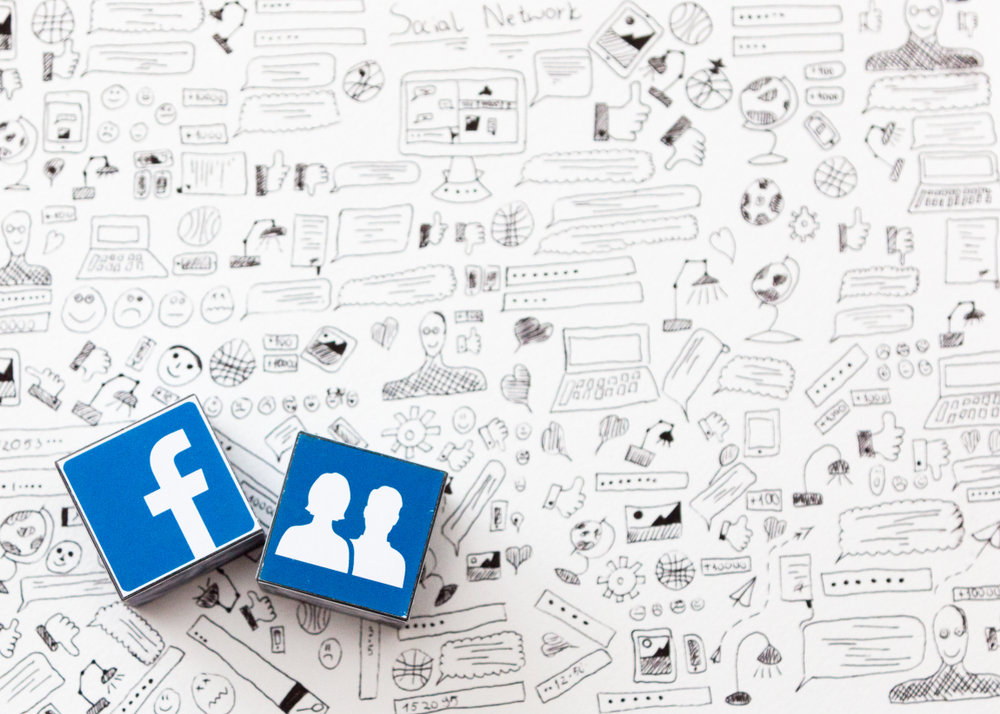 Facebook launches a unified UI for managing small business accounts
Facebook launches a unified UI for managing small business accountsNews The social network has also released consumer surveys that show encouraging stats for local SMBs
By Bobby Hellard
-
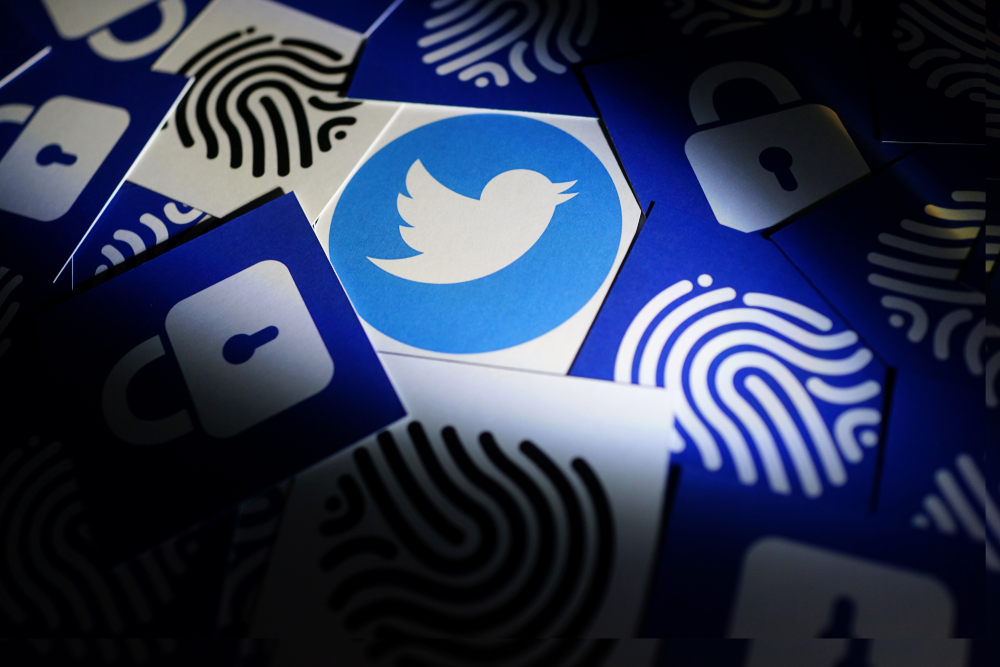 Businesses should act fast during upcoming Twitter purge
Businesses should act fast during upcoming Twitter purgeNews Twitter is freeing up dormant accounts, with hugely valuable handles available to the fastest fingers
By Connor Jones